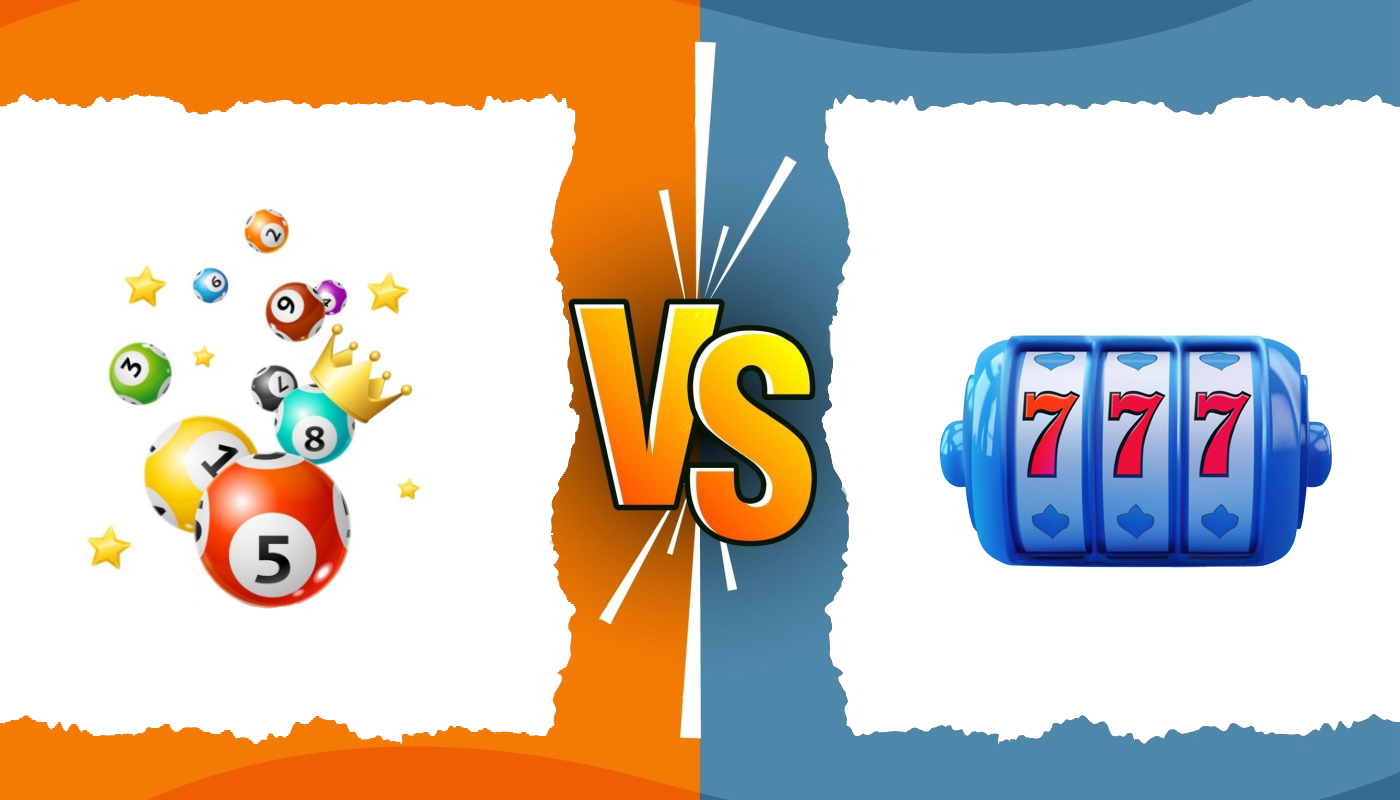
News writer
Winning a multi-million dollar lottery jackpot can be one of the most important events you will ever experience. The last thing you need is to make hasty decisions that you will regret down the road.
That's why it's important to get guidance from professionals and to make a plan that you can stick to so that you can be sure you are putting your money to good use and that it will be there for you for the rest of your life. Here are some pointers to help you protect your assets.
Hire a team of professionals
Unless you are a lawyer or a fiduciary, you're certainly going to need professional legal and financial advice. You don't have to put all your eggs in one basket. The safest thing to do is hire a small team of professionals to help you get your new wealth in order. Your team should include:
An attorney
Your best option for an attorney would be one who has extensive experience with tax law, estate planning, and handling large amounts of wealth. They can help you with:
- Taxes: You will need advice on how to minimize your taxes after your initial payout and moving forward.
- Protecting your identity: If you live in a state where the lottery does not allow you to retain anonymity, an attorney can advise you on how to set up a trust to protect your identity.
- Setting up an estate for your family: This involves drawing up a plan for how you would like your assets divided in case of your death.
- Helping you with all the necessary legal advice: An attorney can advise you regarding any future legal issues, such as debt collection and marital property.
A fiduciary financial advisor
A fiduciary financial advisor is different from a financial planner in that they can only advise you to make investments that are beneficial to you. They cannot recommend investments solely because they can profit from them. They can help you with:
- Setting up a trust: Should you wish to allocate funds for family members to be paid out at a future time.
- Clearing your debts: Pay all monies that are owed and start with a clean slate.
- Handling requests for money: Your fiduciary will investigate all requests for money to see if they are legitimate.
- Setting up an investment portfolio: This will help secure your assets and increase their value.
- Organizing charitable donations: If you wish to be a philanthropist, your fiduciary will help you find reputable charities and schedule donations.
Set up a trust
Your financial advisor and your attorney can help you set up a trust. You may initially think that setting up a trust is a waste of time, but it's definitely something you should consider. Here are some of the advantages:
- Anonymity: Protecting your identity means that you will not have to deal with a barrage of requests for money. Many lottery winners have to deal with such demands not only from family and friends but also from strangers who claim to have some connection to them and other types of con artists. A blind trust can protect you from this.
- Multiple winners: If you won the lottery as a member of a group of people – for example, several family members or a work pool – a trust can help you protect your share of the winnings.
- Marital property: If you are going through a divorce or intend to divorce at the time you win the lottery, a trust can, in some cases, help to protect your winnings from becoming marital property.
Clear your debts
Once you have your team in order, the first thing to look at is any money you owe. It's important to start here because when you are debt-free, you will have peace of mind and be able to make better investment choices. You should also take care not to incur any further debt with your lottery winnings. Your debts may include:
- Your mortgage
- Credit cards
- Student loans
- Car payments
- Medical bills
- Personal or business loans
Plan your estate
Whether you're single, about to get married or have a spouse and children, you should talk to your lawyer about developing an estate plan. An estate plan helps you determine how your assets will be preserved while you are alive and after your death. Key features of an estate plan include:
- A Will: Making a Will not only saves time, money, and stress for your loved ones after your death but also allows you to determine who will handle your estate and decide who will get your assets and property. A Will also allows you to provide funeral instructions.
- Guardianship designations: If you are a parent with children who are minors, a Will enables you to designate who will be their guardians in the event of your death. A guardian will be responsible for your children's day-to-day needs, such as providing a home, food, clothing, health care, and education. Should you not nominate a guardian, the court will decide on a guardian for your minor children.
- Power of attorney: This is an important part of your estate planning. It allows you to appoint an agent to act on your behalf should you become incapacitated and no longer be able to act for yourself. Your agent will be able to make necessary financial and medical decisions for you.
- A letter of intent: A letter of intent is a private letter that may be included in your estate plan. This document is different from your Will. It enables you to focus on specific items of personal property or heirlooms and express whom you wish to receive them and why.
Invest in low-risk ventures
Winning the lottery is a great opportunity to do something good for yourself, your family, and others. While there's no right or wrong way to spend your winnings, it's important to make sure that receiving a large sum of money solves your financial problems rather than creating more. Here are some smart suggestions to help you put your lottery winnings to good use.
When you win the lottery, you want to grow your money and build your wealth. The best way to do this is to invest it wisely. But it's important to understand that not all investments are equal; some are higher risk than others. A low-risk investment involves buying assets that have a low probability of incurring a loss. Although you will not gain as significant a return with low-risk investments as you would with more high-risk investments, your money is safer. Also, some low-risk investments have potentially higher yields than others. Some examples are:
- High-yield savings account: Also known as a high-interest account, this type of bank account offers better than average interest rates (up to 10 or 12 times the national average) on any deposits you make.
- Short-term certificates of deposit: A CD is a deposit account that will pay you interest for a set period of time. Short-term CDs have a maturity of six months to one year.
- Dividend-paying stocks: These involve companies that pay out a percentage of their profit to shareholders. There are several different types of dividends. The payouts can come monthly, quarterly, or annually and vary depending on the type of dividend.
- Fixed annuities: This is an insurance policy that enables you to invest a sum of money. The insurance company pays out a fixed interest rate over a pre-determined period of time.
Give charitable donations
If you're a big winner, donating some of your money to charities can help to offset your taxes. You report donations as itemized deductions on Schedule A of IRS Form 1040. The IRS rules state that charitable donations are limited to 50 percent of your adjusted gross income. As you probably already know, there are hundreds of charities out there, so how do you make a decision, and how do you know which ones are legitimate? Here are some great resources to help you find out how much of the money you donate will go to a charity and what it will be used for.
- Charity Navigator: You can use Charity Navigator to find and support thousands of charities that align with your concerns and values. They use data from the IRS, partners, and the charities themselves to create an unbiased rating system.
- Charity Watch: Charity Watch is the only independent charity watchdog in the United States. They offer information on charities' self-reported financial data and their fundraising and marketing strategies.
- GuideStar: At GuideStar, you can register for free and look up non-profit organizations and find out up-to-date information on each one, such as their location, what the organization does, and their financial details.
Don't try to do it alone with your new-found wealth. Take the time to find the right team of experts to help you handle your financial affairs. Protecting your lottery jackpot winnings ensures that your new-found wealth will last and continue to grow to provide a secure future for you and your family.



















Comments